Saudi Arabia is a nation that has captivated the world with its unique blend of rich history, cultural diversity, and religious significance. Located in the heart of the Arabian Peninsula, Saudi Arabia is known for its vast deserts, ancient traditions, and as the birthplace of Islam. In this article, we will delve into the fascinating story of how this nation became rich, its significance for Muslims worldwide, the treatment of women, the unique legal system based on Sharia law, and the ongoing transformations that are shaping the country for the future. We’ll also explore important places to visit, local superstitions, the geographical significance of the nation, the importance of education, extravagant weddings, the renowned Riyadh camel market, spending habits, favorite holiday destinations, and the delicious cuisines that tantalize the taste buds.
The Road to Wealth
Saudi Arabia’s extraordinary wealth can be primarily attributed to its vast oil reserves. The discovery of oil in the early 20th century transformed the nation from a relatively poor and agrarian society into one of the world’s wealthiest countries. Today, Saudi Arabia is one of the world’s largest oil producers and exporters, playing a significant role in global energy markets.
The Importance of Saudi Arabia for Muslims
Saudi Arabia holds a special place in the hearts of Muslims around the world. It is the birthplace of Islam, where the Prophet Muhammad was born and where the two holiest cities in Islam, Mecca and Medina, are located. Every year, millions of Muslims undertake the Hajj pilgrimage to Mecca as one of the Five Pillars of Islam, a religious duty that every adult Muslim who is financially and physically capable must undertake at least once in their lifetime.
Treatment of Women
Traditionally, Saudi Arabia has been criticized for its treatment of women. Women’s rights were restricted in various aspects of life, such as driving, traveling, and education. However, recent years have witnessed significant changes with the lifting of the driving ban and various reforms aimed at improving women’s rights. These changes indicate a shift towards greater gender equality.
Strict Rules Followed In Saudi Arabia
Saudi Arabia is known for its strict adherence to Islamic law, which is derived from the Quran and the Hadith (sayings and actions of the Prophet Muhammad). This adherence to Islamic law, or Sharia, results in a set of strict rules and regulations that govern various aspects of life in the country. Some of the key strict rules followed in Saudi Arabia include:
- Dress Code: Saudi Arabia enforces a strict dress code, particularly for women. Women are required to wear an abaya (a long, black cloak) in public, and it is also customary to cover their hair. Men are expected to dress modestly, and shorts and sleeveless shirts are generally not acceptable in public.
- Separation of Genders: There is strict gender segregation in many public spaces, including schools, workplaces, and public transportation. There are often separate areas for men and women in public gatherings, and unrelated men and women are discouraged from mingling.
- Religious Observance: Saudi Arabia is the birthplace of Islam, and religious observance is a fundamental aspect of daily life. The call to prayer (Adhan) is broadcast publicly, and all businesses and activities come to a halt during prayer times. The sale of alcohol is strictly prohibited, and there are no bars or nightclubs in the country.
- Banning of Certain Practices: Saudi Arabia strictly prohibits many activities and practices that are considered haram (forbidden) in Islam. This includes the ban on gambling, the consumption of pork, and engaging in activities that are contrary to Islamic teachings.
- Hajj Regulations: Due to its significance as the destination for the annual Hajj pilgrimage, there are strict rules and regulations governing travel to Mecca and Medina. Non-Muslims are not allowed to enter these cities, and certain practices, such as photography and smoking, are restricted.
- Laws on Homosexuality: Homosexuality is illegal in Saudi Arabia, and those found engaging in same-sex relationships may face severe penalties, including imprisonment and corporal punishment.
- Women’s Rights: While there have been recent reforms to improve women’s rights in Saudi Arabia, there are still restrictions on women’s activities and autonomy. However, these restrictions have been gradually easing, with changes such as allowing women to drive and attend sporting events.
- Freedom of Expression: Freedom of expression is limited in Saudi Arabia, particularly when it comes to criticism of the government or religious figures. Criticizing the royal family or the state religion can result in serious consequences.
- Public Conduct and Morality: Saudi society places a high value on public conduct and morality. Public displays of affection, such as holding hands or hugging, are generally discouraged. Behaviors that are considered immodest or offensive may be subject to legal action.
- Respect for Authority: Saudi Arabian society places a strong emphasis on respect for authority figures, including members of the royal family, religious scholars, and law enforcement. Disrespecting or criticizing these figures can lead to legal consequences.
It’s important to note that Saudi Arabia has been undergoing significant social and cultural changes in recent years, with an increasing focus on opening up to the world and diversifying its economy. As a result, some of the strict rules and regulations have been gradually relaxed, and there have been efforts to modernize and liberalize certain aspects of Saudi society. However, the strict adherence to Islamic law remains a central element of life in the country. Visitors to Saudi Arabia are expected to respect and adhere to these rules while within the country’s borders.
Jeddah Tower- Tallest Tower Than Burj Khalifa
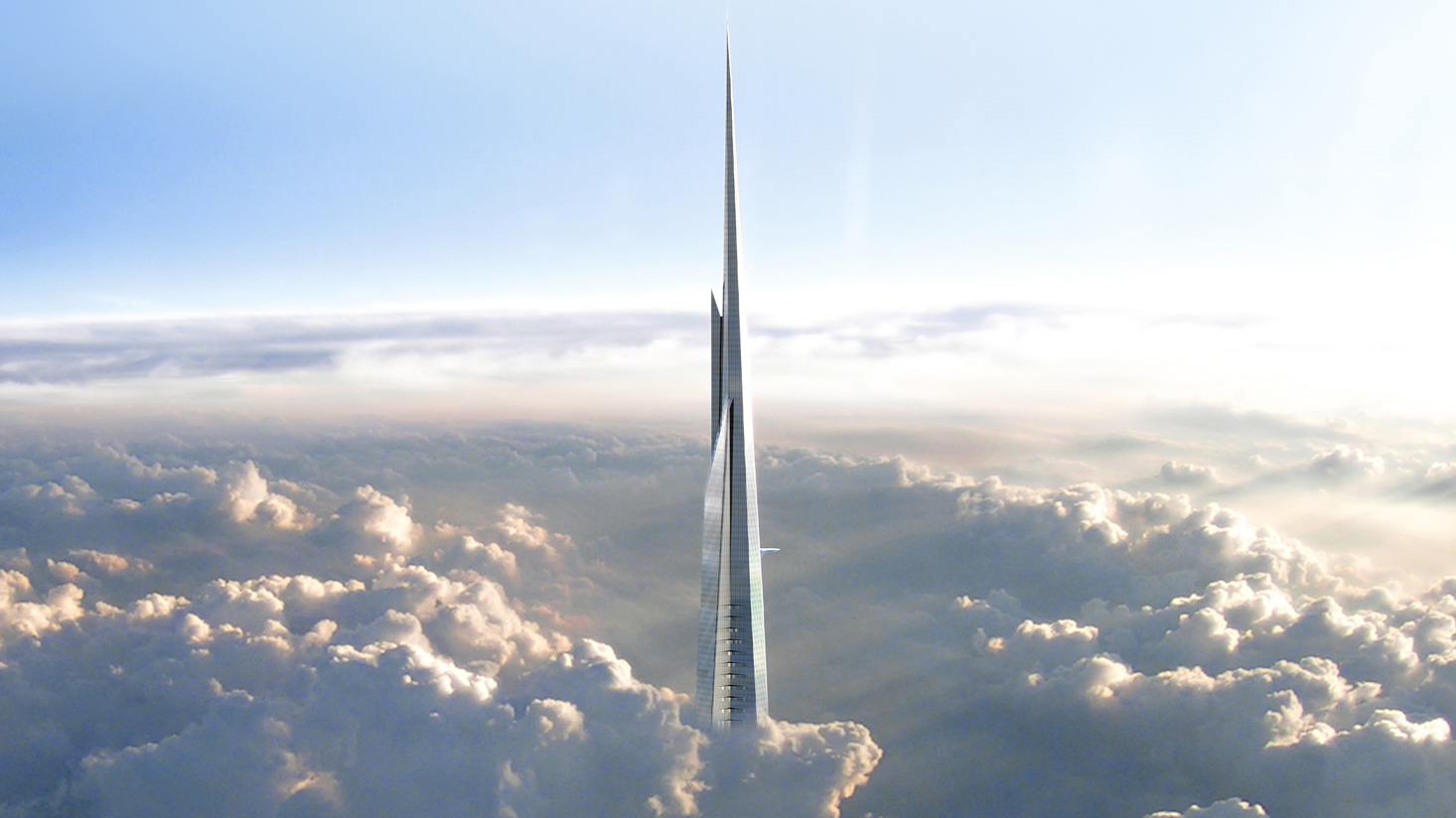
Jeddah Tower, previously known as the Kingdom Tower, is an ambitious and iconic skyscraper project under construction in Jeddah, Saudi Arabia. Once completed, it will be the tallest building in the world, surpassing the current record-holder, the Burj Khalifa in Dubai. The tower represents a symbol of Saudi Arabia’s aspiration for modernization and economic diversification.
Here are some key details about the Jeddah Tower:
- Height: The final height of the Jeddah Tower is planned to be around 1,000 meters (3,280 feet). It’s designed to feature more than 200 floors, including a mix of residential, commercial, and hotel space.
- Design and Architecture: The tower’s design is the work of renowned American architect Adrian Smith of Adrian Smith + Gordon Gill Architecture. The tower is characterized by its sleek, modern design, featuring a tapering, triangular shape that narrows as it ascends, culminating in a needle-like spire.
- Construction and Progress: Construction of the Jeddah Tower began in 2013, and it has faced numerous challenges along the way, including financial setbacks and engineering difficulties due to the tower’s unprecedented height. As of my knowledge cutoff date in January 2022, the tower was still under construction, and the completion date was uncertain.
- Multi-Use Building: Jeddah Tower will serve a variety of purposes, including luxury residential apartments, commercial office space, a five-star hotel, and an observation deck offering breathtaking views of the city and the Red Sea. It is intended to become a prominent destination for both residents and tourists.
- Economic Impact: The construction of Jeddah Tower is part of the larger Jeddah Economic City development, a megaproject aimed at diversifying the Saudi economy beyond its heavy reliance on oil revenues. It is expected to create jobs, attract foreign investment, and stimulate economic growth in the region.
- Architectural Significance: Beyond its impressive height, Jeddah Tower represents an architectural and engineering marvel. The project’s challenges include designing a structure that can withstand extreme winds, building foundations that can bear the immense weight of the tower, and addressing the logistical difficulties of constructing a building of such unprecedented height.
- Tourism and Attraction: The observation deck, located near the top of the tower, is expected to be a significant tourist attraction. It will provide visitors with panoramic views of Jeddah and the Red Sea, making it a unique experience for those seeking breathtaking vistas from great heights.
Construction was halted some years back and Saudi Arabia has begun the construction again from the beginning of November 2023. And if everything goes well with their planning and timeline, this will be inaugurated in the next 5 years.
Delicious Saudi Cuisines
Saudi cuisine is a flavorful blend of traditional Arabian dishes and influences from the Indian subcontinent. Some popular dishes include:
- Kabsa: A fragrant rice dish with saffron and a choice of meat (usually lamb, chicken, or fish), often garnished with nuts and dried fruits.
- Shawarma: Grilled and thinly sliced marinated meat, typically served in pita bread with tahini sauce and vegetables.
- Mandi: A dish made from tender, slow-cooked meat (usually lamb or chicken) served with fragrant rice.
- Samboosa: Deep-fried pastries filled with a variety of ingredients, such as meat, vegetables, or cheese.
- Jareesh: A porridge made from crushed wheat and meat, often flavored with a blend of spices
Favorite Holiday Destinations Of Arabs
When it comes to choosing holiday destinations, Saudi Arabians often prefer traveling to countries that offer a mix of culture and natural beauty. Places like Turkey, Malaysia, the United Arab Emirates, and Indonesia are popular choices. For domestic vacations, the Red Sea resorts, Al-Ula, and the cool mountains of Abha are top picks.
You May Also Like These
Geographical Significance
Situated in the Middle East, Saudi Arabia is the largest country in the Arabian Peninsula and shares borders with Jordan, Iraq, Kuwait, Qatar, the United Arab Emirates, Oman, and Yemen. Its strategic location makes it a key player in regional politics and a gateway to both the Red Sea and the Arabian Gulf.
Riyadh Camel Market
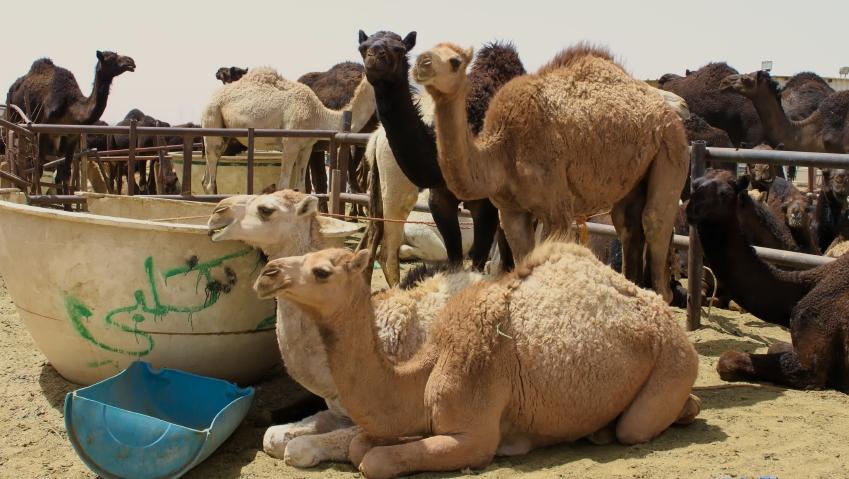
The Riyadh Camel Market, also known as Souq Al Jamal, is one of Saudi Arabia’s most iconic and vibrant markets, offering a unique glimpse into the country’s rich cultural heritage and longstanding connection with camels. Situated in the capital city of Riyadh, this market is a bustling and lively place where the traditions of the past meet the demands of the present.
- Historical Significance:
Camels have played a vital role in the Arabian Peninsula’s history for centuries. They were essential for transportation, trade, and sustenance in the arid desert environment. The Riyadh Camel Market continues to honor and preserve these traditions.
2. A Multifaceted Market:
The Riyadh Camel Market is not solely a place for the trade of camels; it’s a multifaceted market where various aspects of Saudi Arabian culture and commerce converge. Here, you can find not only camels but also livestock like sheep and goats, making it a significant hub for the purchase and sale of animals.
3. Camel Auctions:
The heart of the market is the camel auctions. Local breeders and traders bring their camels, and potential buyers, including locals and international visitors, gather to negotiate and bid on these magnificent creatures. This is a captivating experience, as the camels are showcased and paraded before prospective buyers.
4. Cultural Experience:
The market offers an authentic cultural experience, with traders and buyers haggling and conversing in a lively atmosphere. It’s an opportunity to observe traditional Bedouin practices and gain insights into the vital role that camels continue to play in the lives of the people in Saudi Arabia.
5. Variety of Camels:
The Riyadh Camel Market boasts a diverse array of camels, including the highly prized Arabian camels, known for their beauty, endurance, and adaptability to the desert climate. You’ll also find other types of camels, such as racing camels and those raised for their meat and milk.
6. Visiting Tips:
If you plan to visit the Riyadh Camel Market, it’s best to go early in the morning to experience the liveliest part of the auctions. It’s also advisable to respect local customs and seek permission before taking photographs, as some traders may be sensitive about their camels being captured on camera.
The Importance of Education
Education is highly valued in Saudi Arabia, and the government has made significant investments in this sector. The literacy rate has steadily improved, and both men and women have access to educational opportunities. There are numerous universities and research institutions in the country, attracting students from all over the world.
Saudi Arabia’s Transformation for Good
The country has embarked on a journey of transformation known as Vision 2030, driven by Crown Prince Mohammed bin Salman. This ambitious initiative aims to diversify the economy, reduce the nation’s dependence on oil, improve infrastructure, enhance the business environment, and promote tourism. Vision 2030 is aimed at making Saudi Arabia a more open and dynamic society, creating a more favorable environment for foreign investment and fostering cultural exchange.
Treatment of Women
Traditionally, Saudi Arabia has been criticized for its treatment of women. Women’s rights were restricted in various aspects of life, such as driving, traveling, and education. However, recent years have witnessed significant changes with the lifting of the driving ban and various reforms aimed at improving women’s rights. These changes indicate a shift towards greater gender equality.
You May Also Like These
Conclusion
Saudi Arabia is a land of profound historical significance, religious importance, and ongoing transformation. Its wealth, rooted in vast oil reserves, has allowed it to embark on ambitious plans for the future. While it remains central to Islam and its rich traditions, the nation is also making strides toward modernization and greater social inclusion. With its stunning landscapes, historical landmarks, and delicious cuisine, Saudi Arabia offers visitors a chance to explore a culture that is a tapestry of the past, present, and future.




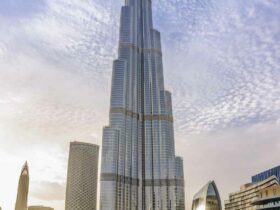


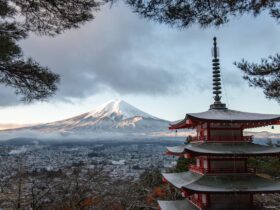





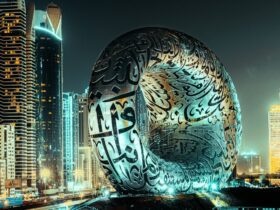
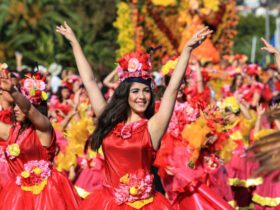
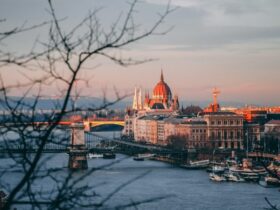


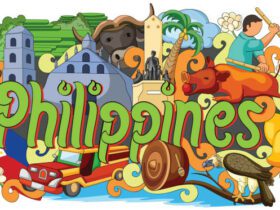




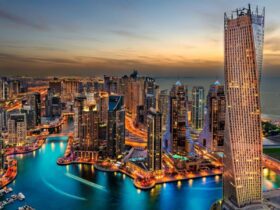
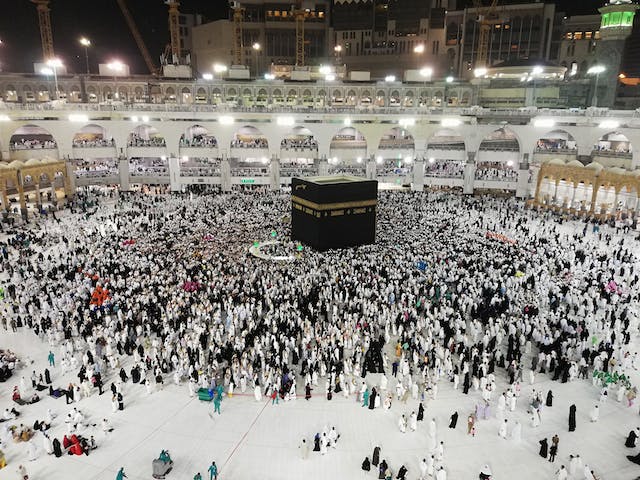


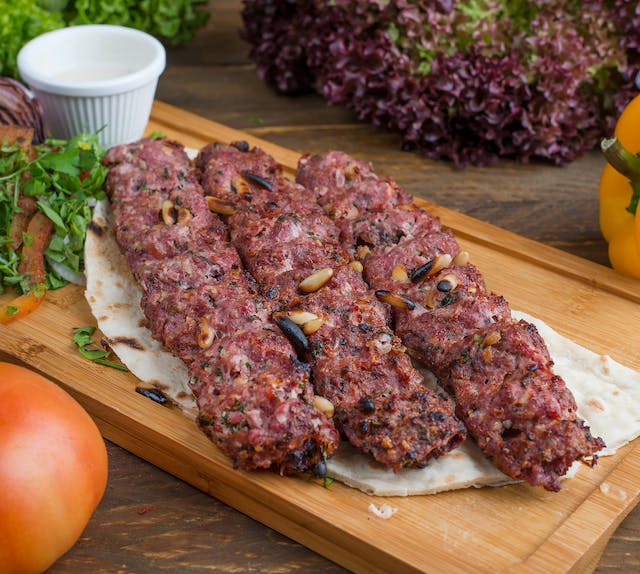





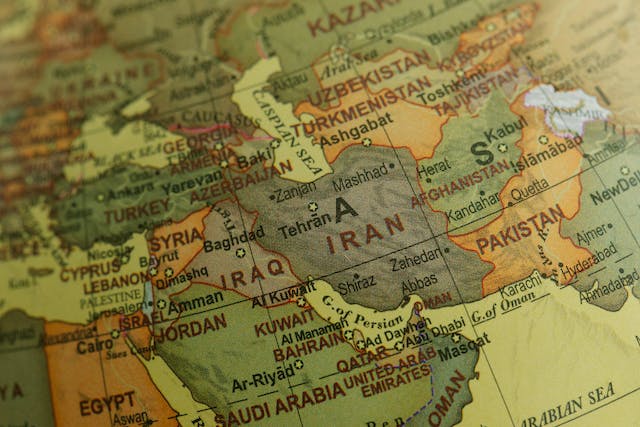

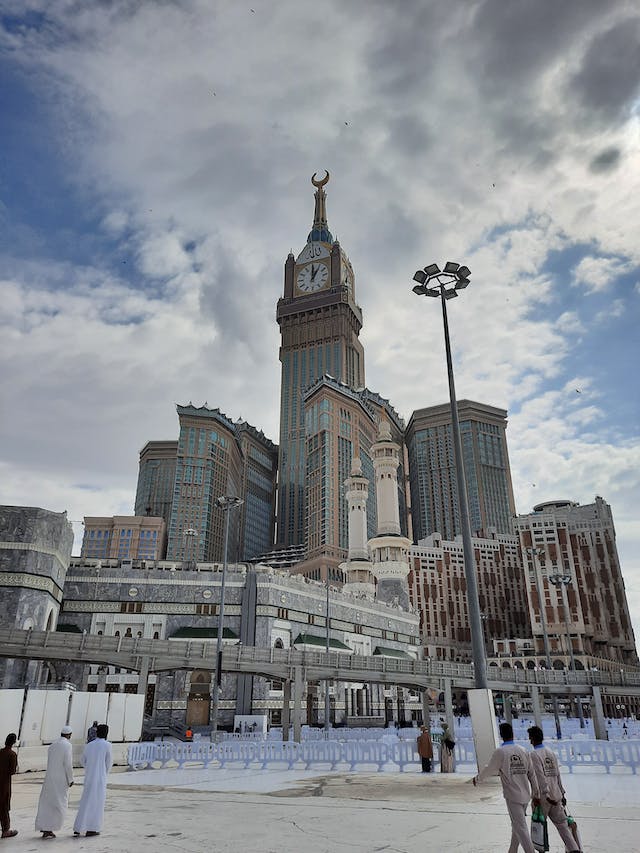

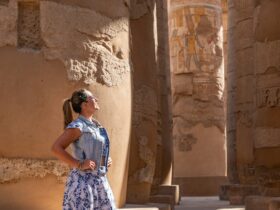
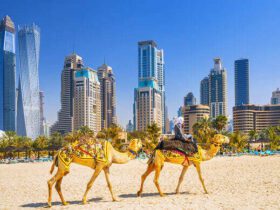
Leave a Reply
View Comments